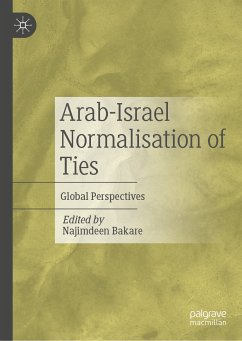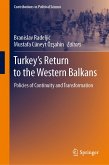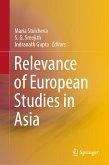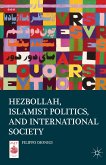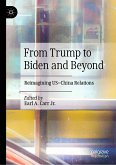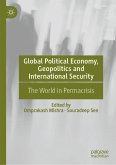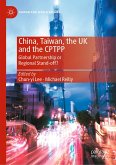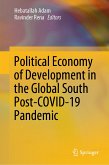The second section of the book explores the reflections of regional (state and non-state) actors, such as Turkey, Iran, Syria, Pakistan, and Hezbollah, and the catalysing effects of this normalisation within and beyond the region. The book is a rich resource for scholars of regional and international relations, in particular Middle East studies. It provides useful reading material for both undergraduate and graduate students of Political Science, think tanks, diplomats, and IR experts and policy analysts, who are desirous of having rich theoretical and empirical underpinnings of unfolding realities in the larger Middle East.
Bakare Najimdeen is Associate Professor at the Centre for International Peace & Stability (CIPS), Department of Peace and Conflict Studies, National University of Sciences & Technology (NUST), Islamabad, Pakistan.
Dieser Download kann aus rechtlichen Gründen nur mit Rechnungsadresse in A, B, BG, CY, CZ, D, DK, EW, E, FIN, F, GR, HR, H, IRL, I, LT, L, LR, M, NL, PL, P, R, S, SLO, SK ausgeliefert werden.

